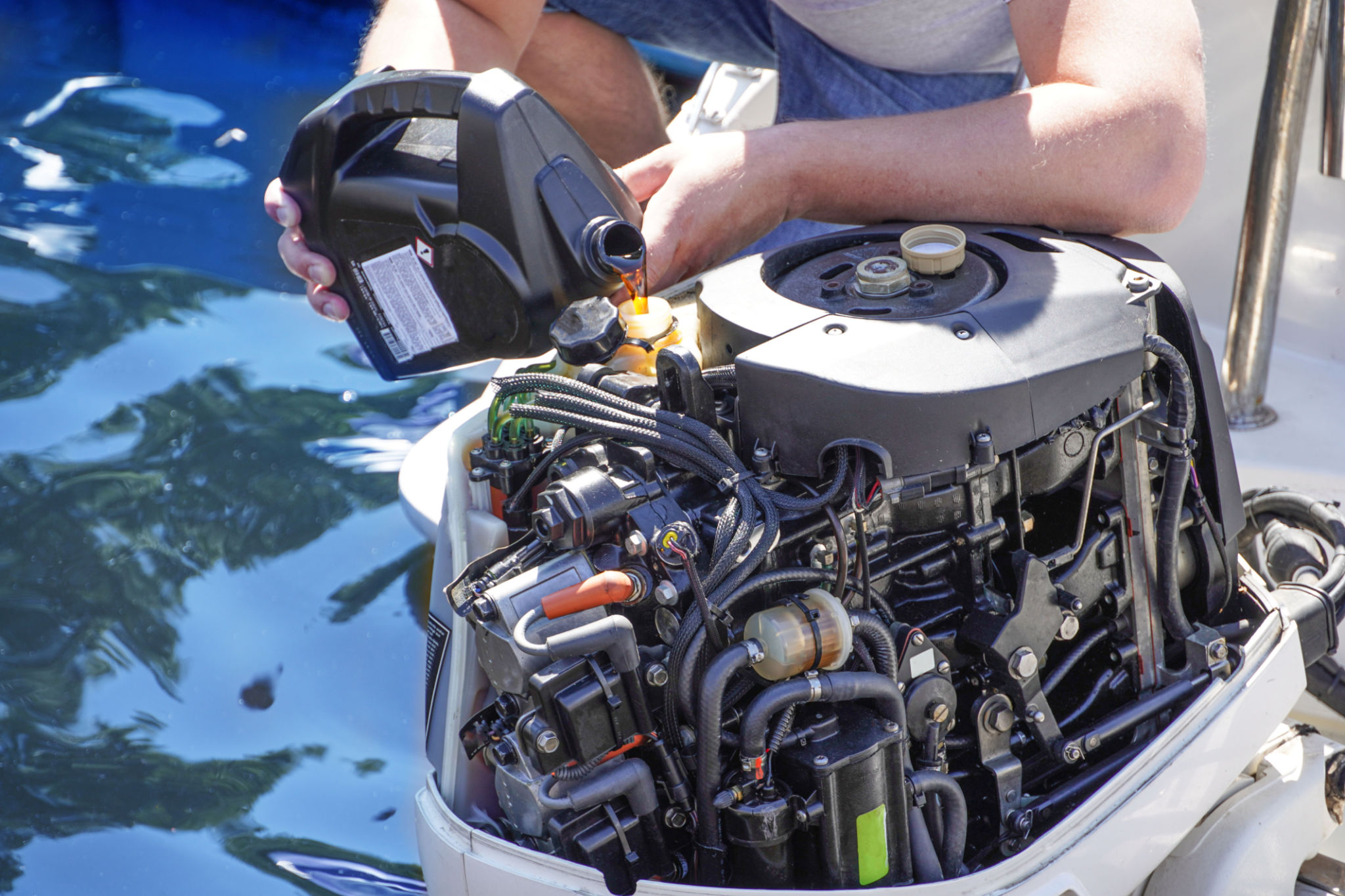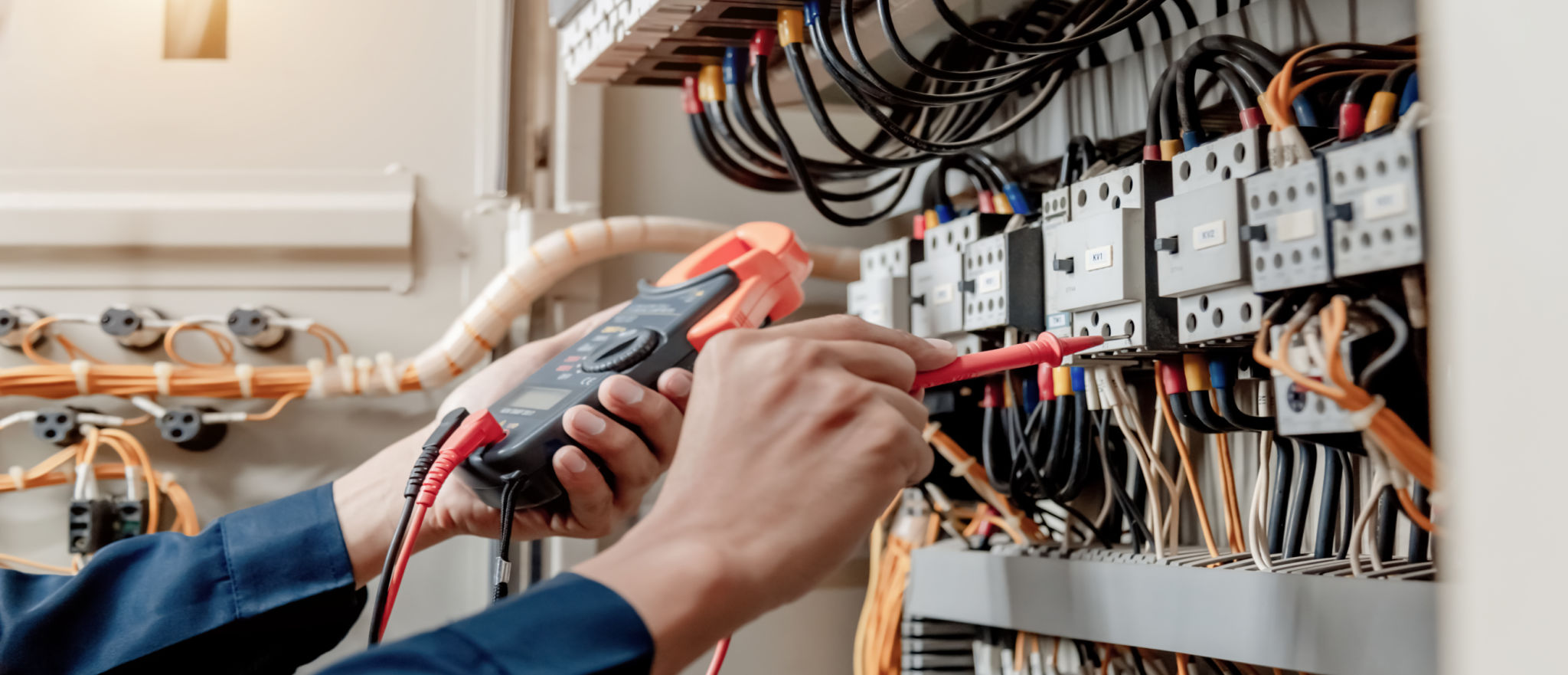DIY Boat Maintenance: How to Handle Minor Repairs and Upkeep
Introduction to DIY Boat Maintenance
Owning a boat is a rewarding experience, offering endless opportunities for adventure and relaxation. However, along with the joys of boating comes the responsibility of maintenance. Performing regular upkeep and minor repairs can extend the lifespan of your vessel and ensure your safety on the water. Learning how to handle these tasks yourself can also save you time and money.
In this guide, we'll explore some essential tips for DIY boat maintenance, focusing on minor repairs and routine upkeep that you can perform without professional help.

Regular Cleaning and Inspection
One of the simplest yet most important maintenance tasks is regular cleaning. Keeping your boat clean not only improves its appearance but also helps prevent long-term damage caused by salt, algae, and grime. Make sure to rinse your boat thoroughly with fresh water after each use, especially if you've been in saltwater.
In addition to cleaning, it's crucial to perform routine inspections. Check for signs of wear and tear, such as cracks, rust, or loose fittings. Identifying potential issues early can prevent them from becoming costly problems later on.

Engine Maintenance
The engine is the heart of your boat, and keeping it in good condition is vital for performance and reliability. Regularly check the oil levels and change the oil as needed. Ensure that the cooling system is functioning correctly and inspect belts and hoses for any signs of damage.
It's also important to examine the fuel system for leaks or corrosion. A well-maintained engine not only runs more efficiently but also reduces the risk of breakdowns while you're out on the water.
Electrical System Checks
The electrical system is another critical component of your boat that requires regular attention. Start by checking all wiring for signs of wear or corrosion. Ensure that all connections are secure, and replace any frayed or damaged wires immediately.
Test all onboard electronics, such as navigation lights, radios, and GPS systems, to ensure they are working correctly. Keeping a close eye on your boat's electrical system helps avoid unexpected failures during your voyages.

Maintaining the Hull
Your boat's hull is constantly exposed to harsh environmental elements, making its upkeep crucial. Inspect the hull regularly for any cracks or blisters that could lead to leaks. Applying a fresh coat of antifouling paint annually can protect against marine growth and improve performance.
Additionally, check the hull's fittings and seals to ensure they are watertight. This proactive approach can prevent water damage and costly repairs down the line.
Conclusion
DIY boat maintenance is an achievable goal with the right knowledge and tools. By performing regular inspections, cleaning, and addressing minor repairs promptly, you can keep your boat in top condition for years to come.
Remember, while some tasks can be handled independently, don't hesitate to seek professional help for more complex repairs. Investing time in maintaining your boat not only ensures a safe and enjoyable boating experience but also preserves the value of your investment.
